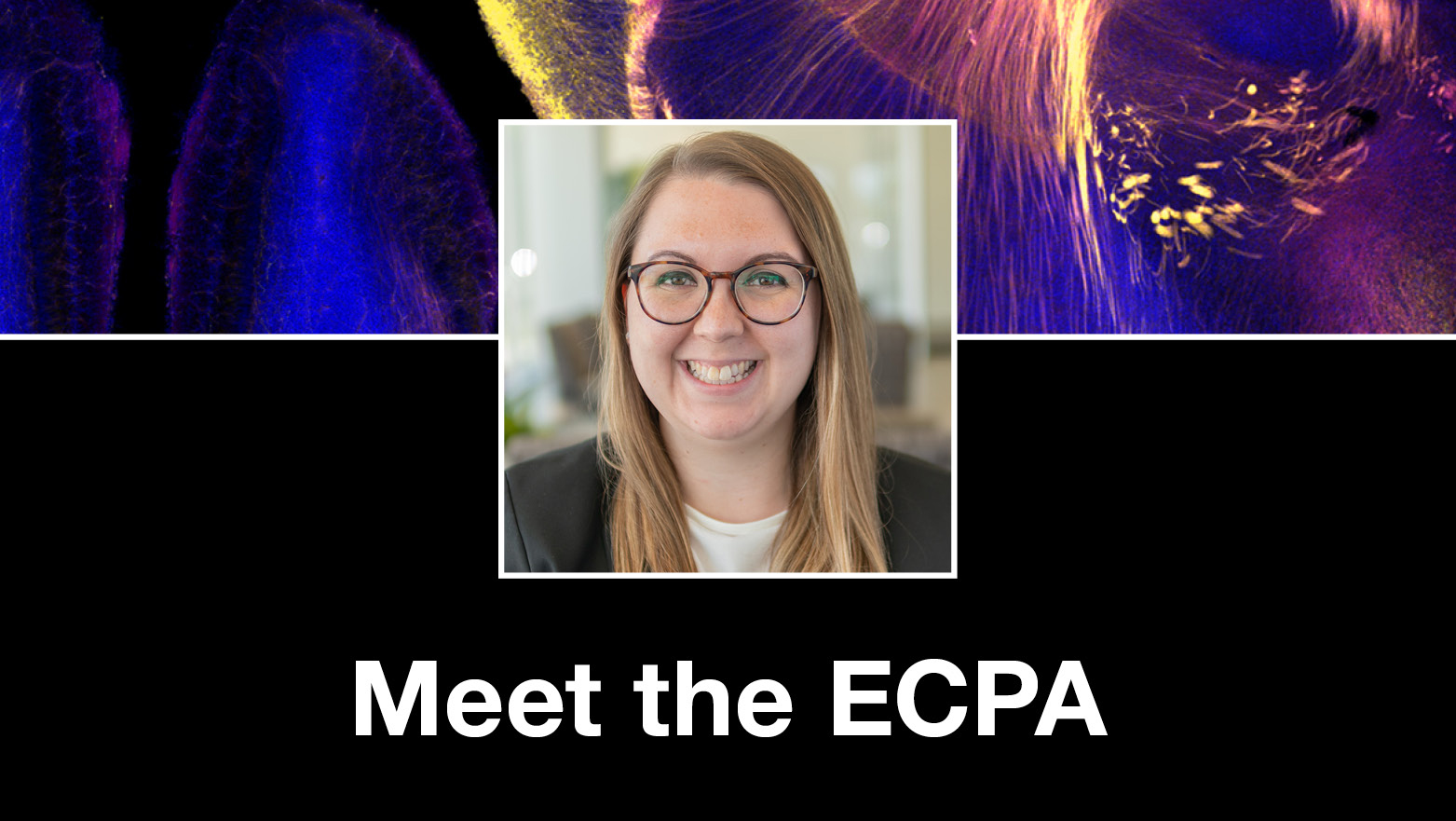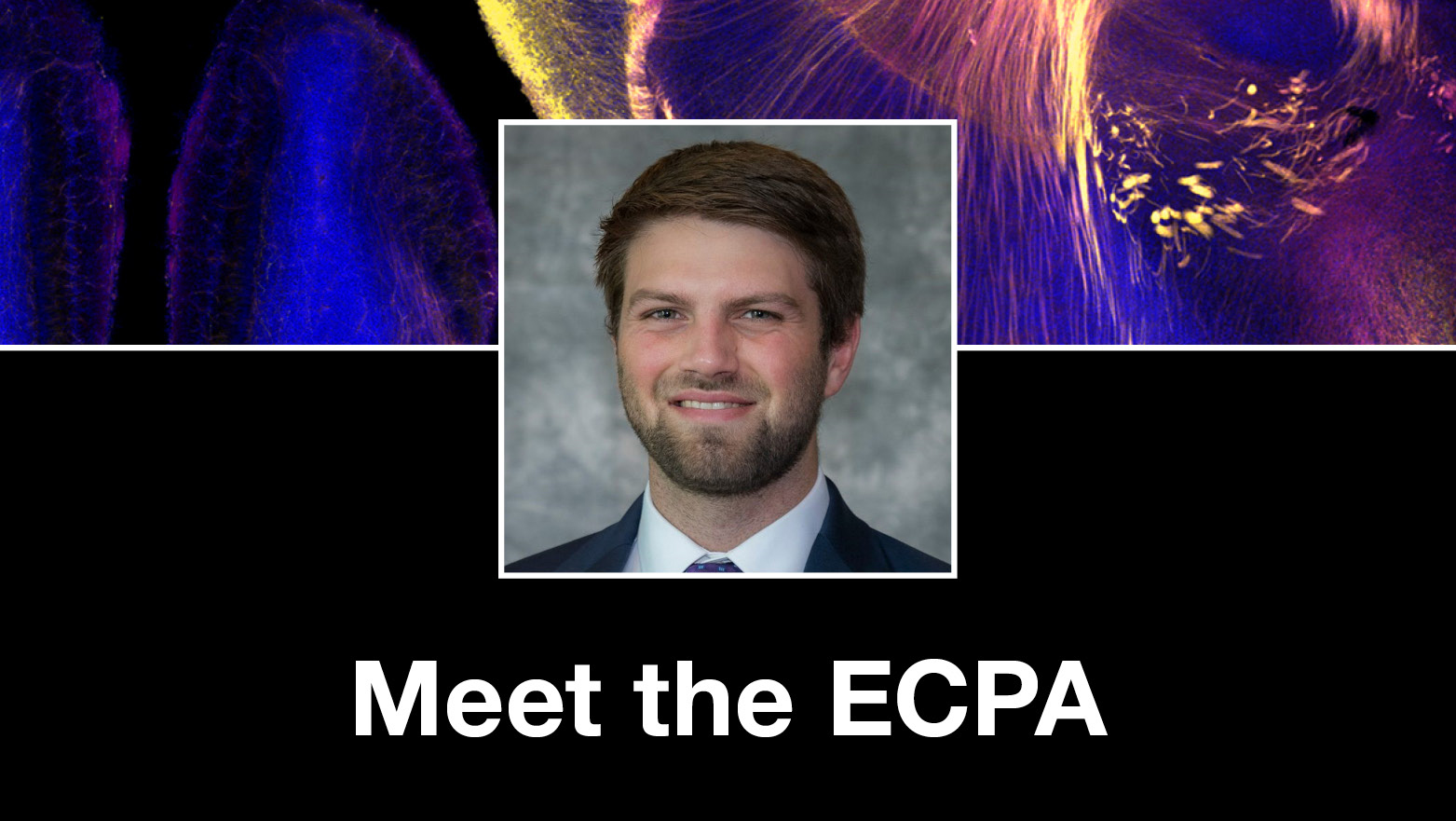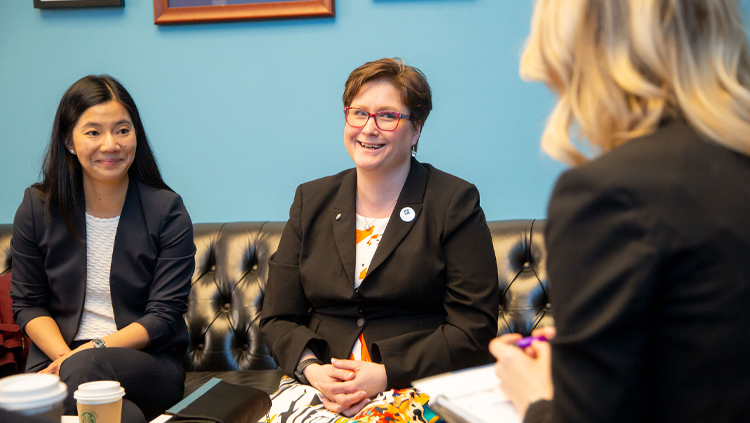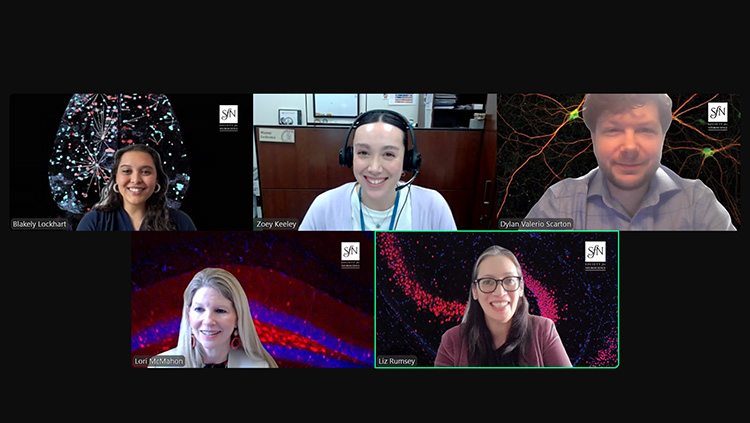Meet the ECPAs: Katherine Gonzalez
- Featured in:
- Meet the Early Career Policy Ambassadors
In the next interview in the Meet the ECPA series, Katherine Gonzalez shares what inspired her to pursue a political science degree in addition to chemistry in her undergraduate studies, and what she is focusing on now as she pursues a PhD in neuroscience, all at the University of Florida.
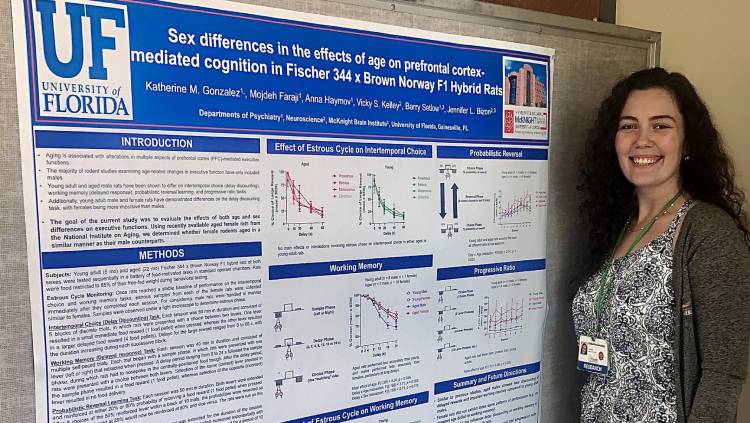
Describe your journey in neuroscience and current research.
My journey in neuroscience began when I was a child, having had several family members battle diseases such as Alzheimer’s and Parkinson’s. During my undergraduate career, I considered becoming a physician and engaged in healthcare roles as a mental health technician and hospice volunteer. As I worked closely with patients and their families, I realized that many of the questions they were asking I also shared, leading me to pursue a position in a neuroscience lab. I was particularly interested in cognitive aging and addiction, which has inspired my current work in that field. I am currently investigating the effects of ovarian hormones on age-related cognitive changes to executive functioning, as well as polysubstance use, investigating the impact of cannabis on cocaine use and drug-seeking.
Why are you interested in science policy and advocacy?
My interest in science policy and advocacy began early on. I had visited the U.S. Capitol Building as a child and immediately became enamored by the policy-making process. Additionally, I had always been interested in science, pursuing advanced courses throughout high school. Once I began my undergraduate studies, I knew I wanted to continue learning about both and majored in chemistry and political science. At this point, I became more involved in healthcare and served as a mental health technician and hospice volunteer. Both roles allowed me to assist individuals of varying ages and socioeconomic backgrounds. I provided medical and emotional support to patients and their families and educated others on the importance of access to mental health resources through on-campus organizations and hospital committees. Having been given the opportunity to advocate for my patients motivated me to explore the intersection between science and community.
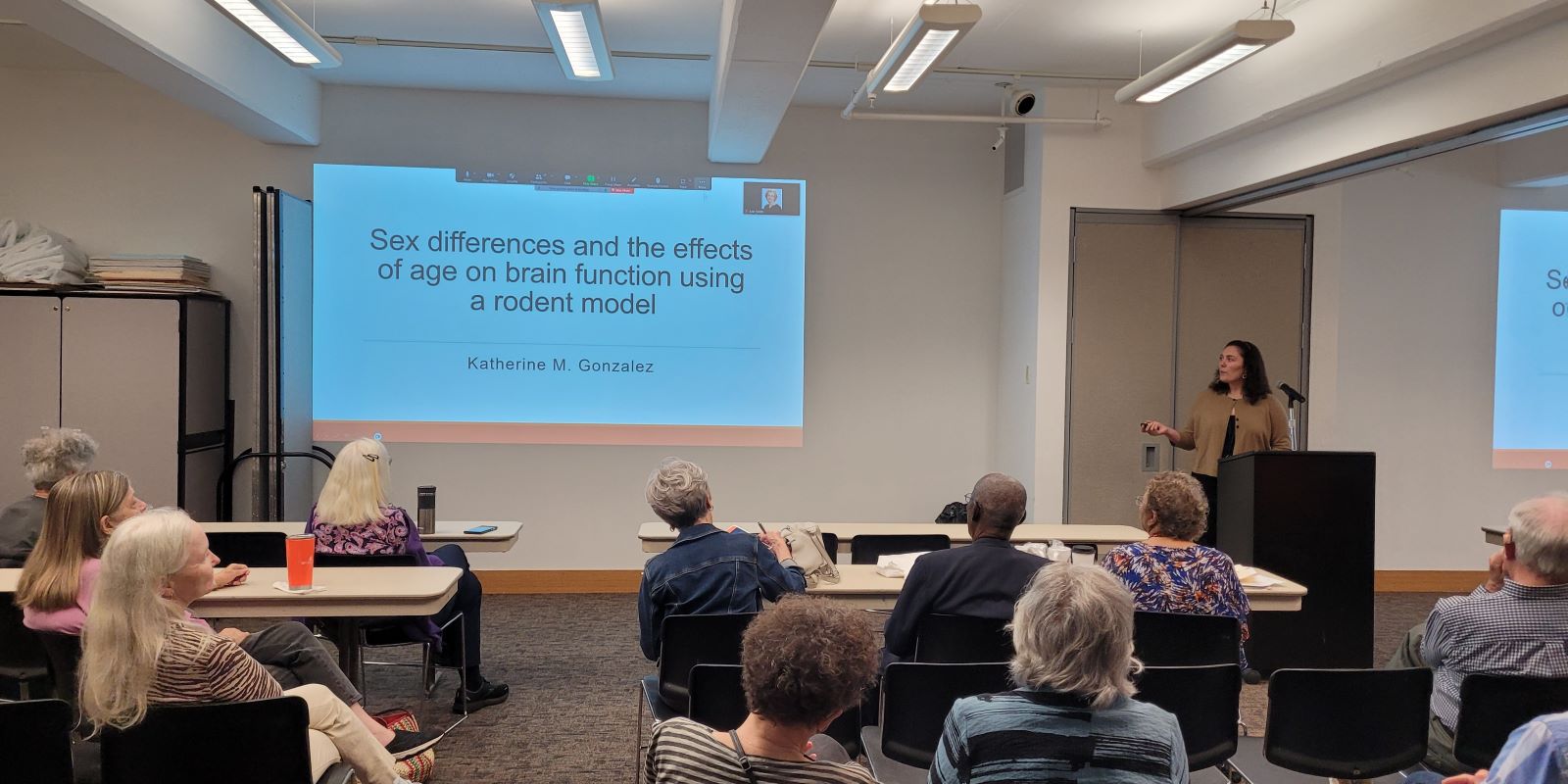
What does being an ECPA mean to you? Can you describe your two advocacy-related projects you proposed as part of the program?
Being an ECPA means learning how to advocate for neuroscience research while also building connections with local communities and policymakers. My first project is to establish a newsletter for the public and my colleagues on recent research findings in neuroscience and any potential legislation that may affect how research is conducted – changes to public funding of research, the utilization of personal healthcare data, or clinical trial enrollment. The second project looks to work with various Florida Bar divisions about hosting an advocacy seminar for their members to educate them on the importance of supporting science funding in the state.
Why do you feel it’s important to speak to your federal policymakers on the importance of continued support of federal investment in biomedical research?
Policymakers, like many in the community, usually feel far removed from biomedical research. However, more likely than not, they have personal experiences with illnesses or diseases actively being studied by biomedical researchers. Without continued federal investments in these studies, the ability to develop therapeutics and advance our understanding of these conditions considerably declines. Speaking to policymakers about the far-reaching impacts of science funding helps them understand how those investments directly translate to projects seeking to improve their constituents’ lives.
How has being an SfN member benefited you in both your professional career and advocacy journey?
Attending SfN’s annual meeting as a graduate student has expanded my horizons and deepened my commitment to the field. The wide variety of presentations and resources available, not only during the conference but throughout the year, have allowed me to network with members globally and provided opportunities I would have never thought possible. SfN’s commitment to community outreach and advocacy has given me the tools to grow in my advocacy journey and help others get excited about neuroscience research.
What is one fun fact about you that you would like to share? (optional)
In college, I had a pet rat named Pancake that weighed over two pounds and was closer to the size of a guinea pig.



